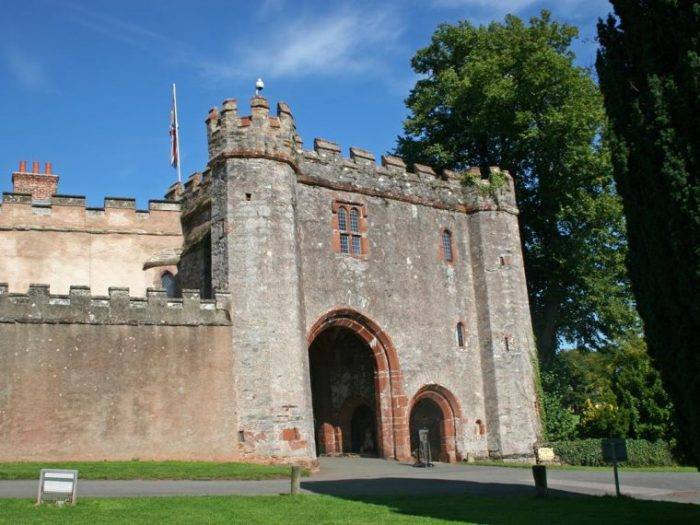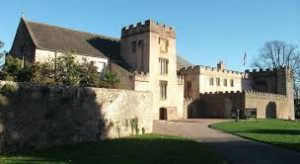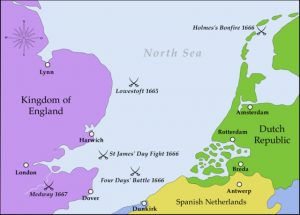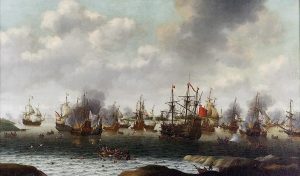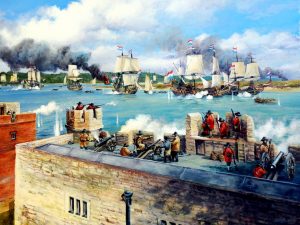In July of 1667 Torquay was attacked by two Dutch warships.
In a letter a dated July 19 1667 it was recorded that:
“Hear that the Dutch have made an attempt at Torbay: they fired two small barques (a ship with three or more masts) at Torquay and shot at a gentleman’s house near the water but have now retreated.” It’s believed that the house in question was Torre Abbey.
The attack appears, therefore, to be a hit-and-run affair. Following that incident the Bay was made ready for any Dutch return: “The place is in good condition having 150 guns, 1,500 landsmen, and 800 seamen”.
So why would the Dutch – land of tulips and windmills – have shot up a peaceful backwater like Torquay?
This was actually a side show in the Anglo-Dutch Wars, the four 17th- and 18th-century naval conflicts between England and the Dutch Republic. The first three wars, caused by commercial rivalry, established England’s naval might while the last, arising from Dutch interference in the American Revolution, led to the end of the Dutch Republic’s position as a world power.
The attack on Torre Abbey came at the end of the Second Anglo-Dutch War of 1665–67 after hostilities had begun in 1664 and the English had already captured New Amsterdam in the Americas (which was renamed, only once, as New York). England declared war in March 1665 and won a victory over the Dutch off Lowestoft in June. Most subsequent battles, however, were won by the Dutch. England’s ally, the principality of Münster, sent troops into Dutch territory in 1665 but was forced out of the war in the following year by France which had sided with the Dutch.
Things went badly for the English. The plague in 1665 and the Great Fire of London in 1666 contributed to our problems which culminated in the humiliating Dutch ‘Raid on the Medway’ in June 1667.
A flotilla of ships led by Admiral de Ruyter broke through the defensive chains guarding the Medway, burned part of the English fleet docked at Chatham and towed away the Unity and the Royal Charles, pride and flagship of the English fleet. The war ended the following month by the Treaty of Breda and it was accepted that the Dutch had been the victors. The greatly expanded Dutch navy was then for many years the world’s strongest, and the Dutch Republic was at the zenith of its power.
It looks like that Torquay hit-and-run attack was a diversionary tactic and one of the last actions in that long-forgotten conflict.
There was, however, a Fourth Anglo-Dutch War between 1780 and 1784 in which we did rather better. Then, largely unchallenged as a sea power, the British could fully dedicate themselves to the building of Empire.

You can join us on our social media pages, follow us on Facebook or Twitter and keep up to date with whats going on in South Devon.
Got a news story, blog or press release that you’d like to share or want to advertise with us? Contact us


